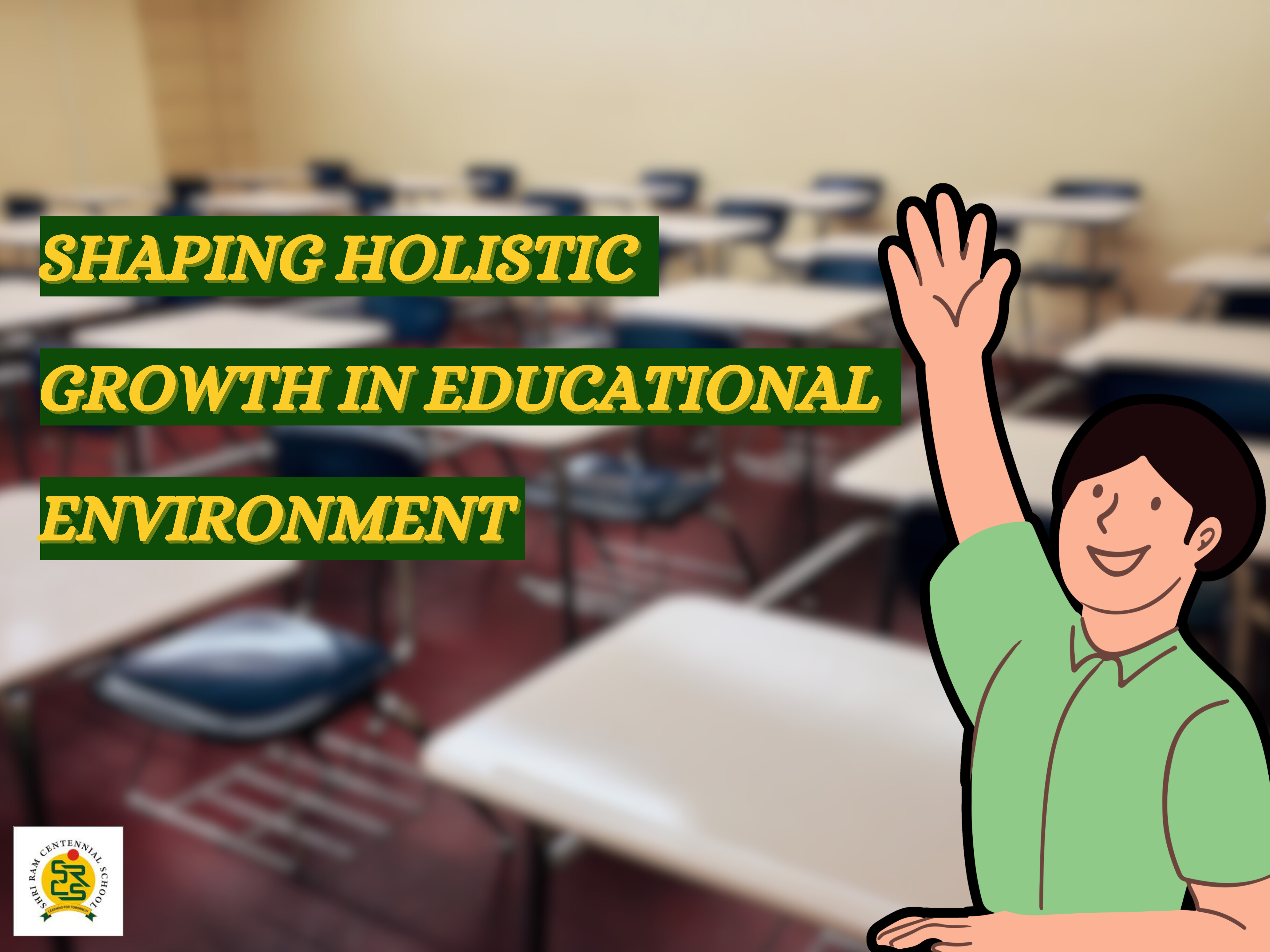Nestled in the picturesque foothills of the Himalayas, Dehradun, the capital city of Uttarakhand, is renowned for its serene beauty and rich educational heritage.
Among its many offerings, the schools in Dehradun stand out as bastions of holistic growth, fostering not only academic excellence but also a strong sense of community, rich cultural values, and resilient character traits.
Community Building:

Schools in Dehradun emphasize the importance of community building as a cornerstone of education.
With a focus on inclusivity and collaboration, these institutions create an environment where students, teachers, and parents work together towards a common goal – the holistic development of each child.
One notable aspect of community building in Dehradun’s schools is the emphasis on extracurricular activities and social initiatives.
Through sports events, cultural festivals, and community service projects, students learn the value of teamwork, leadership, and empathy.
These experiences not only enrich their academic journey but also instill a sense of responsibility towards society.
Furthermore, schools in Dehradun often engage in partnerships with local organizations and businesses, providing students with opportunities for real-world learning experiences that foster holistic growth.
Whether through internships, guest lectures, or field trips, these collaborations bridge the gap between classroom learning and practical application, preparing students to become active contributors to their communities.
Cultural Enrichment:

Dehradun’s rich cultural heritage finds expression within its schools, where cultural enrichment is seamlessly integrated into the curriculum, fostering holistic growth among students.
From traditional dance performances to literary festivals celebrating regional literature, students are exposed to a diverse range of cultural experiences that foster appreciation and understanding.
Language studies also play a vital role in preserving cultural heritage. Many schools in Dehradun offer instruction in multiple languages, including Hindi, English, and regional dialects, enabling students to connect with their roots and communicate across linguistic boundaries.
Additionally, initiatives such as cultural exchange programs and heritage walks further enhance students’ cultural awareness and pride in their heritage.
Moreover, schools in Dehradun celebrate religious and national festivals with enthusiasm, promoting unity in diversity and nurturing a spirit of tolerance and respect among students.
By embracing cultural diversity, these institutions prepare students to thrive in a globalized world while remaining grounded in their cultural identity.
Character Development:

In addition to academic rigor, schools in Dehradun prioritize the development of strong character traits essential for success in life.
Through values-based education and character-building initiatives, students are encouraged to cultivate qualities such as integrity, resilience, and compassion.
One hallmark of character development in Dehradun’s schools is the emphasis on service learning and community outreach, fostering holistic growth among students.
Whether through environmental conservation projects, humanitarian aid efforts, or social justice initiatives, students learn the importance of making a positive impact on the world around them.
These experiences not only build empathy and altruism but also instill a sense of civic responsibility.
Furthermore, schools in Dehradun promote ethical leadership through programs that empower students to take on roles of responsibility within the school and wider community.
From student councils to peer mentoring programs, these initiatives offer students opportunities to develop leadership skills, build confidence, and contribute to holistic growth by making a difference in the lives of others.
Challenges and Opportunities:

While schools in Dehradun excel in nurturing holistic growth, they also face challenges that warrant attention. One such challenge is ensuring equitable access to quality education for all socio-economic groups.
Despite the city’s educational prowess, disparities in infrastructure, resources, and educational outcomes persist, particularly in rural and marginalized communities.
To address these disparities, schools in Dehradun are increasingly adopting inclusive policies and initiatives aimed at bridging the gap.
This includes scholarship programs, outreach efforts, and partnerships with NGOs and government agencies to provide support to underprivileged students.
By fostering an inclusive learning environment, these schools strive to ensure that every child has the opportunity to fulfill their potential, regardless of their background.
Furthermore, the rapid pace of technological advancement presents both challenges and opportunities for fostering holistic growth in education in Dehradun.
While technology has the potential to enhance learning outcomes and expand access to education, it also raises concerns about digital divide and screen addiction among students.
Schools in Dehradun are thus tasked with harnessing the benefits of technology while ensuring responsible usage and digital literacy among students.
Future Outlook:

Looking ahead, the future of education in Dehradun holds great promise, driven by a commitment to excellence and a vision for holistic growth.
As the educational landscape continues to evolve, schools in the region are poised to play a pivotal role in preparing students for the challenges and opportunities of the 21st century.
Key areas of focus for the future include leveraging technology to enhance learning outcomes, fostering global citizenship through cross-cultural exchanges, and strengthening partnerships with stakeholders to ensure equitable access to quality education for all.
By staying true to their mission of nurturing community, culture, and character, schools in Dehradun are well-positioned to continue shaping the educational journey of generations to come.
Continued Holistic Growth and Evolution:

The evolution of education in Dehradun is an ongoing journey marked by continuous growth and adaptation to changing needs and realities.
As schools in the region continue to innovate and refine their approaches, several trends are likely to shape the future trajectory of education in Dehradun, with a particular focus on fostering “holistic growth”.
Firstly, there is a growing recognition of the importance of interdisciplinary learning and 21st-century skills in preparing students for an increasingly complex and interconnected world.
Schools in Dehradun are thus incorporating project-based learning, critical thinking exercises, and entrepreneurship education into their curriculum to foster creativity, problem-solving, and adaptability among students.
Secondly, in Dehradun schools, there’s a rising emphasis on sustainable education, promoting holistic growth through environmental stewardship, social responsibility, and ethical leadership.
From eco-friendly campus initiatives to sustainability-focused curriculum integration, these efforts aim to instill in students a sense of environmental consciousness and a commitment to creating a more sustainable future.
Furthermore, the rise of personalized learning approaches and flexible learning environments is reshaping the educational landscape in Dehradun.
With advances in technology and pedagogy, schools are increasingly tailoring instruction to meet the individual needs, interests, and learning styles of students, thereby enhancing engagement, motivation, and academic achievement while promoting holistic growth.
Conclusion:
Schools in Dehradun exemplify a holistic approach to education, where academic excellence is complemented by a strong sense of community, rich cultural experiences, and resilient character development.
By prioritizing holistic growth, these institutions prepare students not only for academic success but also for a life of purpose, integrity, and contribution to society.
As guardians of Dehradun’s educational legacy, schools in the region continue to nurture the next generation of leaders, thinkers, and global citizens.










